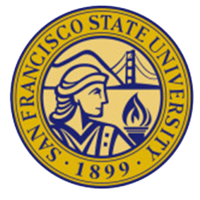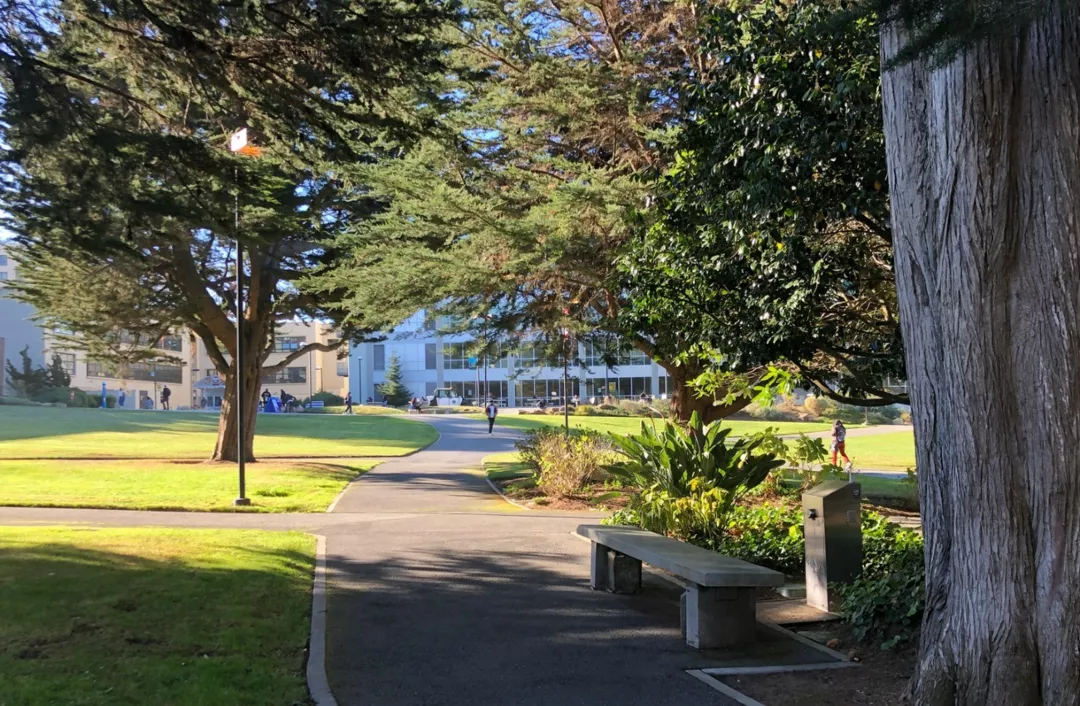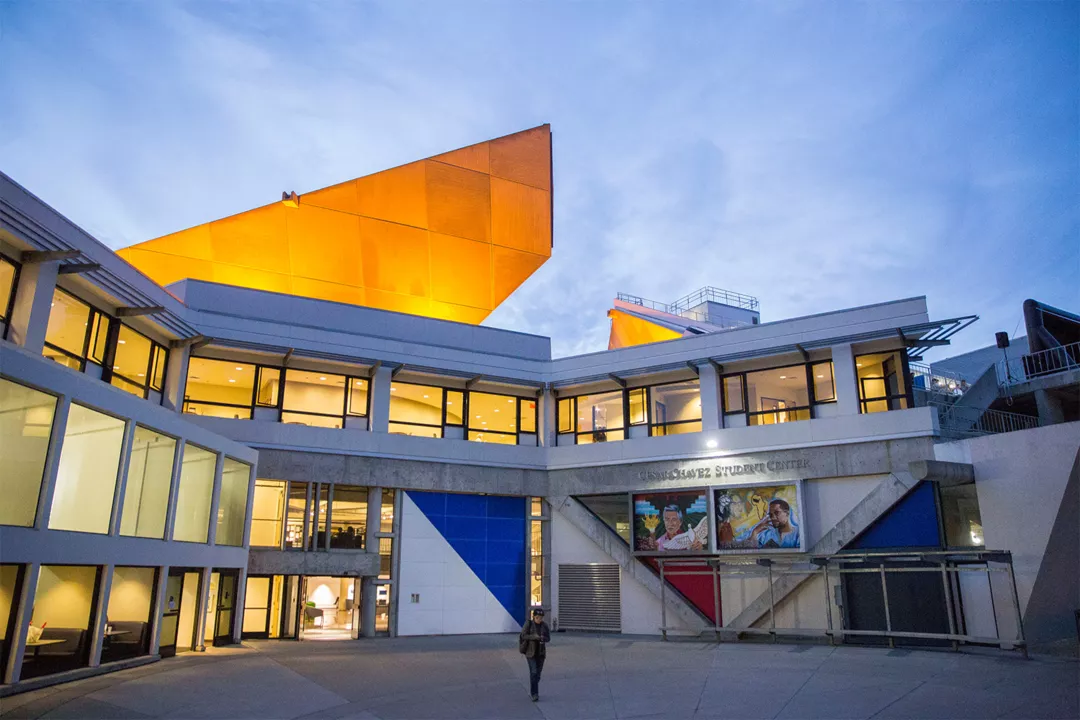-
hello@abroadcube.com
Mail us
-
Call For Help:
98779 83783
-
Whatsapp Us
70090 34921


The Master of Arts in Creative Writing is a two-year program with a focus on developing a writing practice as well as preparing students to teach creative writing. The Master of Fine Arts is a three-year program and is considered the terminal degree in creative writing. The program may benefit in particular teachers who want to increase their range and earning potential with a Master's degree and/or individuals who want to teach creative writing at private schools, community venues, labs, and salons. As part of the MA in CW, students can choose to study the teaching of composition, and receive a certificate, a skill that translates into any level of teaching and various subjects that include writing.
The M.A. degree, like the M.F.A., provides students with the inspiration and guidance of a faculty of professional writers in developing the student's own potential as a professional writer. The curriculum emphasizes the primary importance of the study and practice of imaginative writing in the genres of creative nonfiction, fiction, literary translation, playwriting, and poetry. The degree combines an intense workshop requirement and a variety of special topic creative process classes as well as courses that expose students to a wide range of writers and community service learning opportunities. The creative writing courses reflects a commitment to a variety of styles, subjects, and approaches, recognizing the complexity and breadth of contemporary writing. Graduates of the M.A. Program are instructed in literary analysis and develop their craft to constructively critique their own work and that of others. As a culminating experience, the student submits a thesis of creative work in their chosen genre.
In addition to the workshop and process courses, students in the M.A. in Creative Writing elect one of two teaching pathways. The pathway leading to an emphasis in teaching creative writing includes a rigorous course in the pedagogy and philosophy of teaching creative writing (C W 860); a Teaching Practicum Course (C W 859), in which the student gains in-class undergraduate teaching experience as a Graduate Instructional Aide while continuing their study of pedagogy with a seasoned faculty member and a group of peers; and, Projects in Teaching Creative Writing (C W 785), a course that allows students to deepen their teaching experience as a Graduate Instructional Aide under faculty supervision. This teaching curriculum makes our M.A. unique within the nation of creative writing graduate degrees. The pathway leading to the teaching of composition allows students to earn the English Composition Certificate, offered by the English Department, by electing to take four courses (12 units) in English composition. Students on this path would earn an M.A. in Creative Writing along with the English Composition Certificate.
| Level | Masters |
| Discipline | Fine Arts |
| Duration | 24 months |
| Intakes | Aug |
| Application Fees | USD 0 |
| Tuition Fees | USD 13512 |
| Campus | Main |
| Language proficiency (minimum) | |
| IELTS | 6.5 |
|---|---|
| TOEFL | 80 |
| PTE | 59 |
| Duolingo | 120 |
| Exam proficiency (minimum) | |
| SAT | Not Required / Waiver |
|---|---|
| ACT | Not Required / Waiver |
| GRE | Not Required / Waiver |
| GMAT | Not Required / Waiver |
Minimum GPA - 77%
QS Quacquarelli Symonds is the world’s leading provider of services, analytics, and insight to the global higher education sector, whose mission is to enable motivated people anywhere in the world to fulfil their potential through educational achievement, international mobility, and career development.
THE (Times Higher Education) has been providing trusted performance data on universities for students and their families, academics, university leaders, governments and industry, since 2004. We create university rankings to assess university performance on the global stage and to provide a resource for readers to understand the different missions and successes of higher education institutions.
The Academic Ranking of World Universities (ARWU) was first published in June 2003 by the Center for World-Class Universities (CWCU), Graduate School of Education (formerly the Institute of Higher Education) of Shanghai Jiao Tong University, China, and updated on an annual basis
The "Webometrics Ranking of World Universities" is an initiative of the Cybermetrics Lab, a research group belonging to the Consejo Superior de Investigaciones Científicas (CSIC), the largest public research body in Spain. CSIC is among the first basic research organizations in Europe. The CSIC consisted in 2006 of 126 centers and institutes distributed throughout Spain.


